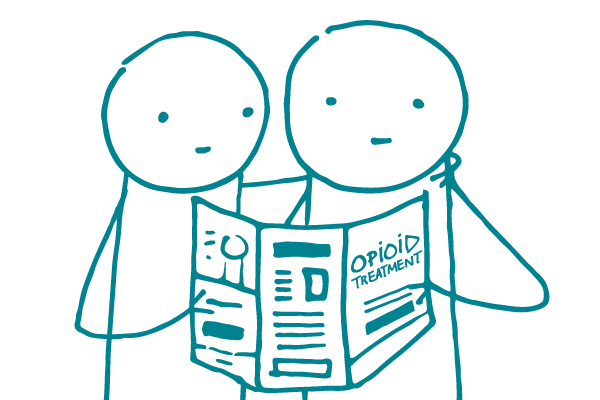
In 2014, more people died from drug overdoses than any other year in American history. Over half of these deaths involved an opioid — and about 78 people die from an opioid overdose in this country every day.
With numbers like these, it’s no wonder that CDC has declared an opioid overdose epidemic in the United States. And so it follows that health communicators may be getting a lot of work related to opioid abuse and overdose (we certainly are).
Opioids can be a tricky topic to cover — and it’s extremely important that health professionals of all disciplines are giving the overdose crisis the attention it deserves. So here are a few things to consider when writing plain language content about opioids and opioid overdose.
Keep your tone empathetic. If ever there’s a topic that reminds us how important empathy is in health writing, this is it. At all costs, avoid sounding condescending or judgmental. Remember how stigmatized people struggling with addiction are likely to feel — and use that to give your content the compassionate tone that will keep your readers, well, reading.
Use person-first language. Rely on phrases like “people who use/abuse/are addicted to opioids” or “people with opioid addiction.” Skip terms like “addicts” or “users” that imply folks’ addiction defines who they are.
Prioritize need-to-know information — really. When you’re writing for people who may be using drugs (or may have recently stopped using drugs), it’s extra important to keep content brief. Your readers may be high, sick, scared, or all of the above. Since illness and anxiety affect health literacy skills, skip anything that’s nice to know — critical information only.
Check your (community-specific) facts. A lot of the response to the opioid overdose crisis is happening at the community level, so beware of simply pulling information from national websites, however credible they may be.
For example, the cost of naloxone (a drug used to reverse opioid overdose) may be different depending on where you are — and the medicine kits themselves may look different. So, before you give instructions for how to buy or use it, make sure you know what your audience is likely to encounter.
You may also want to do a little research into legal matters. Are you writing a material encouraging people to call 911 if they witness an opioid overdose? If your state has a Good Samaritan law, you might want to mention it — but make sure you know what the law actually says before you do.
Remember friends and family. It’s hard to know how to help when a friend or family member is struggling with addiction. So, if it’s appropriate, consider creating some content for friends and family, too. Their support can go a long way in helping people who are addicted to opioids kick the habit for good.
The bottom line: The stakes are high for health communication materials about opioids and opioid overdose — so give this topic extra thought before you write.
Browse recent posts